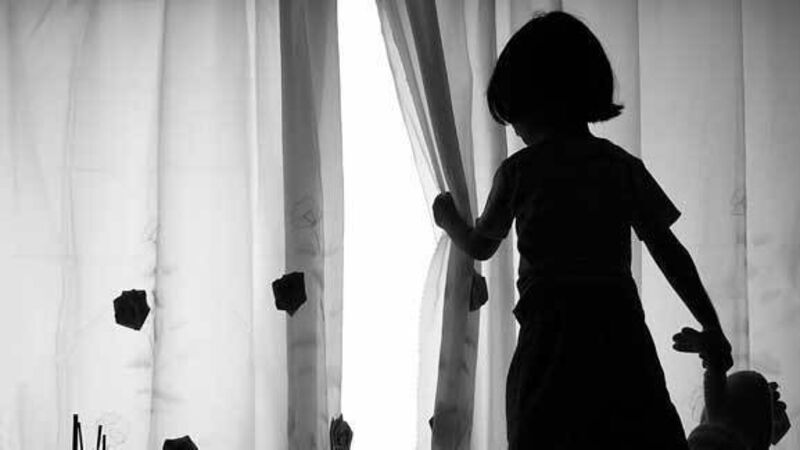Most people want truth, not redress says campaigner; Tusla knew of illegal adoptions in 2016

An adoption rights campaigner says that most people who were illegally adopted do not want redress, just the truth.
An investigation has been launched after it emerged 126 people had their adoptive parents registered as their birth parents.













